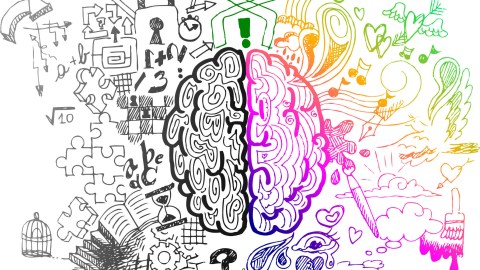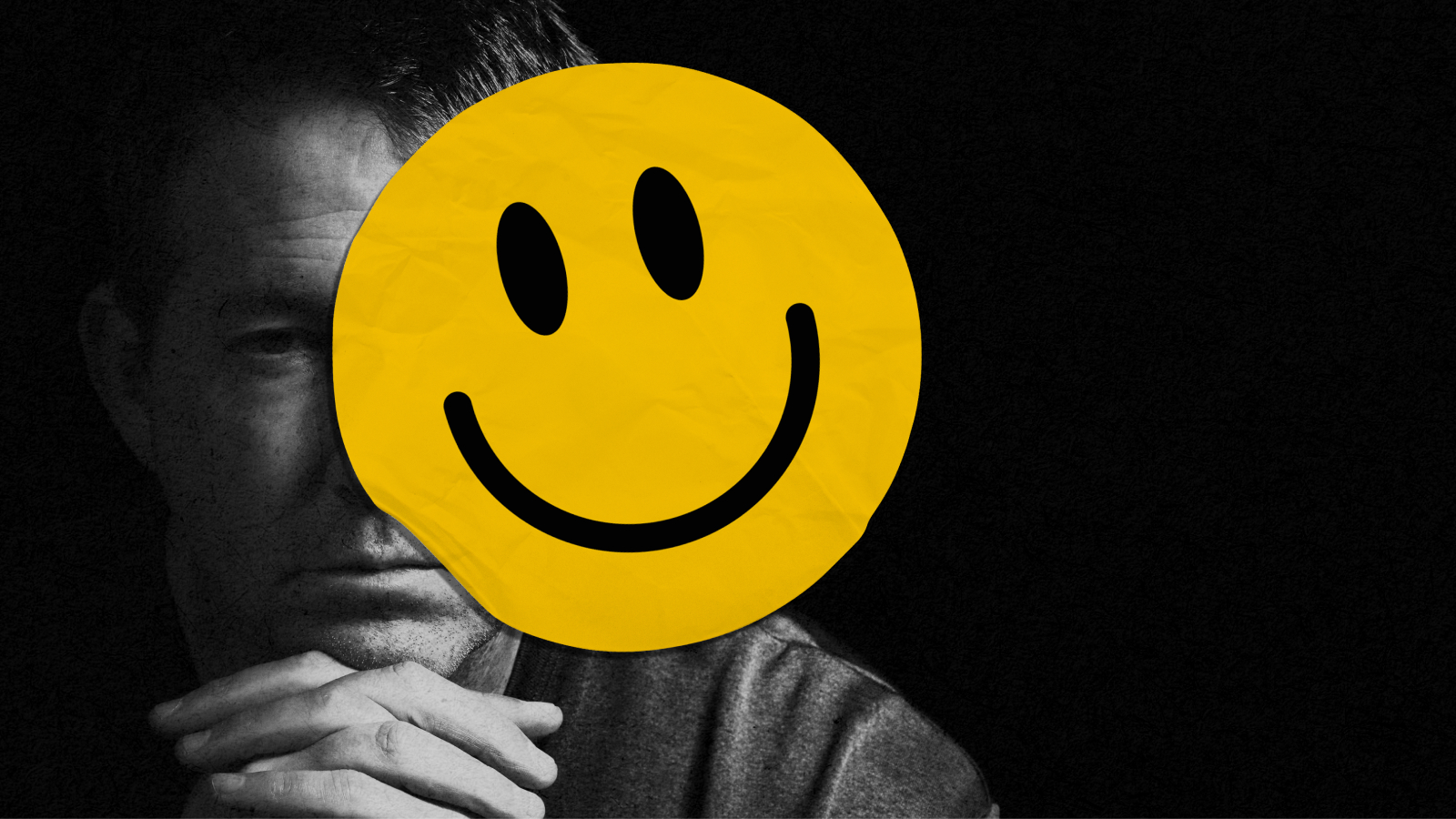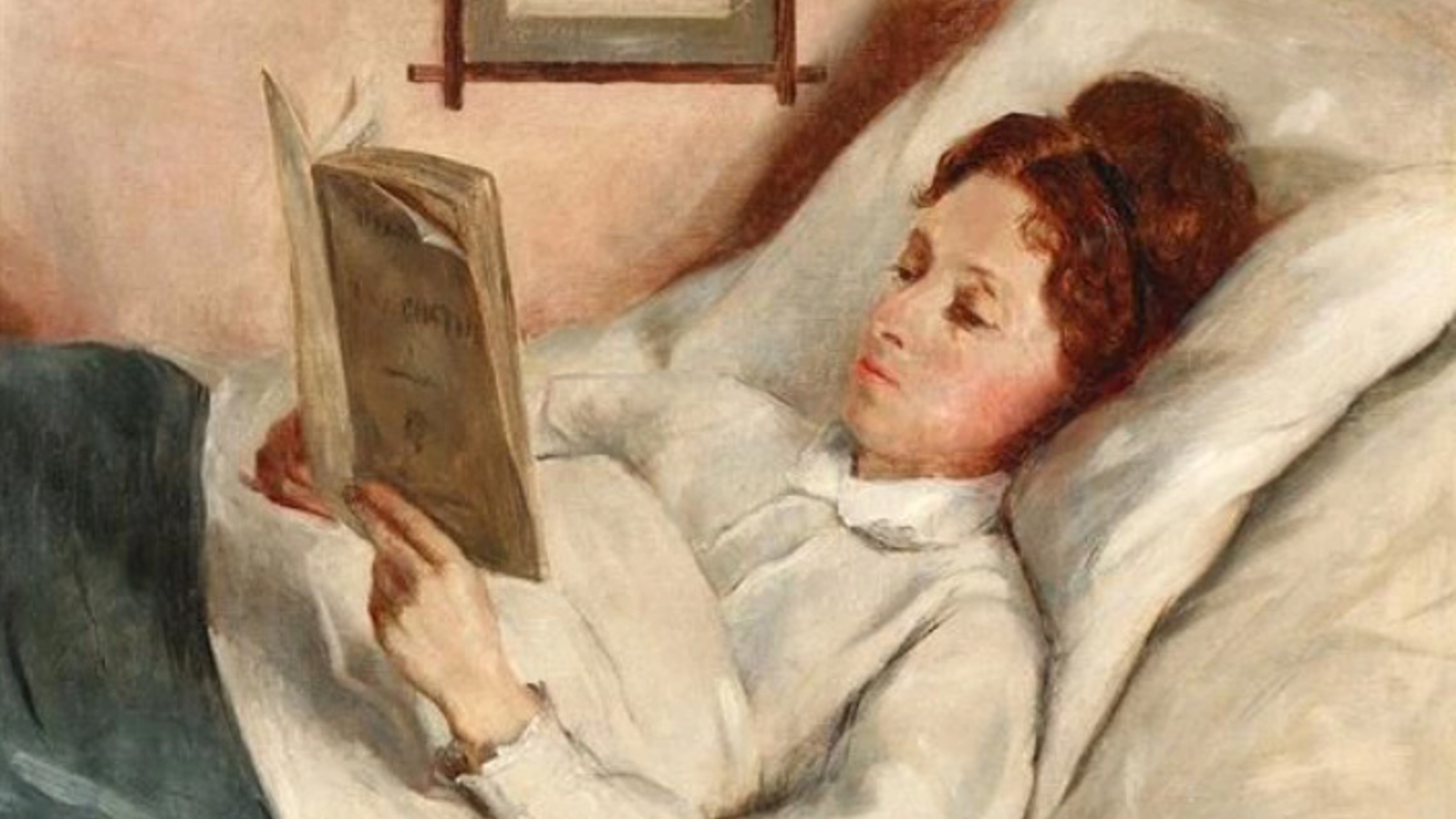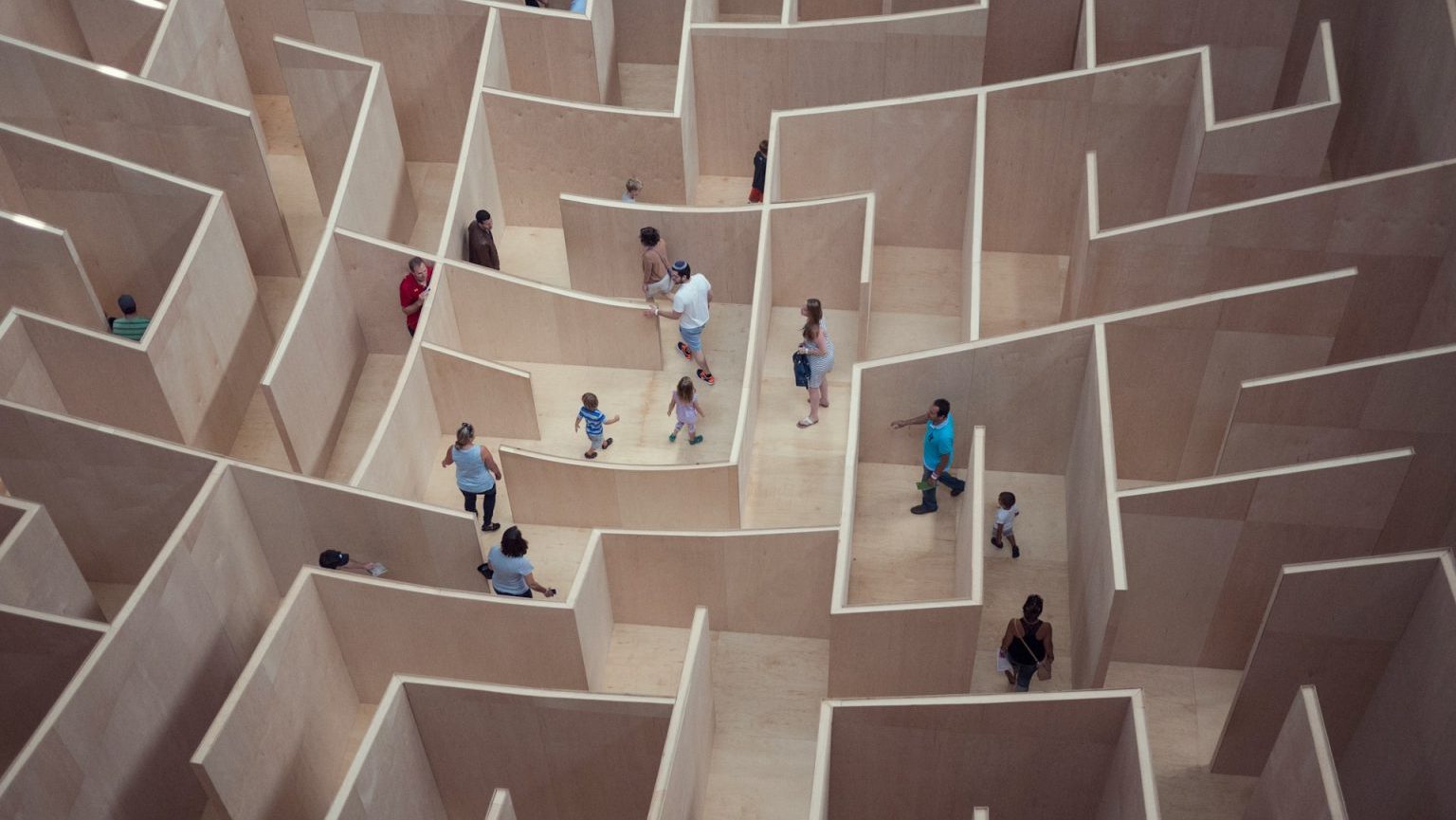How learning art alters brain structure

Photo Credit: Shutterstock
The notion that “you either have it or you don’t” in the art world may be exaggerated. Certainly, some may be drawn to take up the brush more than others, but creativity isn’t something that’s encoded in your genes, and a new study published in NeuroImage proves it so.
Tim Jacobs from Pacific Standard has written up a summary on the research showing evidence that just taking a sketching class can alter our brains’ white matter to boost creative thinking. Lead author of the paper, Alexander Schlegel, said of the results:
Creativity is another concept that is often thought of as something we are either born with or will never have. Our data clearly refute this notion.
The study was comprised of only 35 students, so pretty small. Out of those participants, 17 were enlisted to take a three-month introduction course in drawing or painting. At the beginning of the study, the student’s creativity was assessed through a test, measuring originality and creating thinking. Each month during the study, the students would also undergo a brain scan using fMRI technology in order to measure the physical changes happening inside their brains.
The researchers write of their results:
“We did not find any improvements in the art students’ purely perceptual skills or related brain activity relative to a control group of students who did not study art. We did, however, find that the art students improved in the ability to quickly translate observations of human figures into gesture drawings, and that fine-grained patterns of drawing-related neural activity in the cerebellum and cerebral cortex increasingly differentiated the art students from the control group over the course of the study.”
The brain was, indeed, able to adapt to learning a new skill. Researchers were able to see the participants’ brains change in response to this new information. So, the next time you complain to your friends that you wish you could draw as well as them — put in the effort to learn and it just might happen.
Read more at Pacific Standard.





